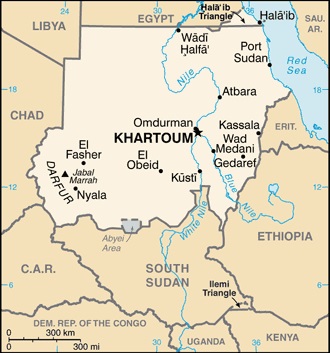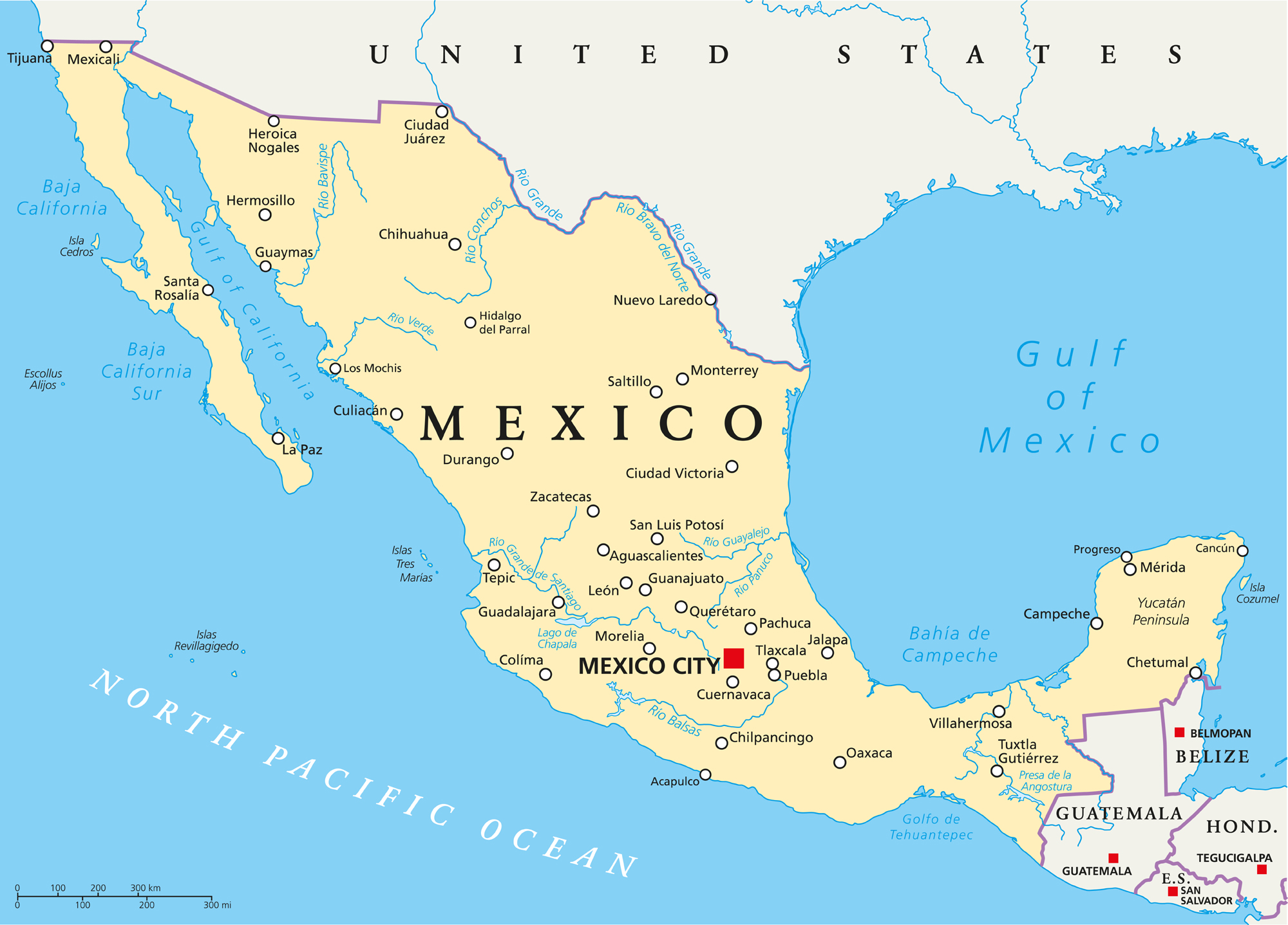
WASHINGTON (BP) — Though America’s release of four Iranian prisoners in 2012-13 was viewed by some as reciprocation for Iran’s release of three American hikers, a Wall Street Journal report suggests the prisoner releases were also related to a private series of negotiations that paved the way for this month’s nuclear agreement.
 Renewed discussion of the prisoner releases, which were first reported years ago, has spurred fresh criticism of the Obama administration for not securing the release of American pastor Saeed Abedini and three other missing or detained Americans as part of a nuclear deal.
Renewed discussion of the prisoner releases, which were first reported years ago, has spurred fresh criticism of the Obama administration for not securing the release of American pastor Saeed Abedini and three other missing or detained Americans as part of a nuclear deal.
“Are the Iranian guards going by Pastor Abedini’s cell and saying, ‘They didn’t even try to put you in the deal, pastor’?” said Frank Wolf, a retired Republican congressman and human rights advocate. “It has always been a fact of life that when America raises [political prisoners] by name over and over and over, that makes their life better in prison … and is the fastest way to get them out of prison.”
Wolf told Baptist Press the release of Iranian prisoners “absolutely” heightens the injustice of the nuclear deal. Release of American detainees “probably should have even been a precondition” of nuclear negotiations, with Iranian diplomats being told, “We won’t even begin to sit down and begin to talk until you release them.” At minimum, the release of American prisoners “should have been a part of any deal.”
Abedini has been imprisoned since 2012 for his Christian faith. He remains incarcerated in Iran along with journalist Jason Rezaian and former Marine Amir Hekmati. Retired FBI agent Robert Levinson has been missing in Iran since 2007. Today (July 22) marks the one-year anniversary of Rezaian’s captivity.
The Journal reported June 28 that, beginning in 2009, Iran relayed to U.S. officials names of prisoners it wanted released from custody in the West. Communicating secretly through an envoy sent by the sultan of Oman, the U.S. eventually agreed to help secure the release of four Iranians held in the U.S. and U.K. — two convicted arms smugglers, a retired senior diplomat and a scientist alleged to have played an important role in Iran’s missile and nuclear programs. All four were released in 2012-13.
In at least two cases, the released Iranian prisoners had already served their full sentences but were allowed to depart the U.S. more quickly than typical released detainees, The Journal reported.
According to some Journal sources, release of the Iranian prisoners likely was a reciprocal gesture for Iran’s release of three American hikers who were arrested in 2009 on espionage charges after they apparently wandered into Iran from Iraq. But the release of Iranians also served a larger purpose of building goodwill leading up to nuclear talks, according to The Journal.
“The return of prisoners on both sides seemed to help build momentum for the secret nuclear negotiations taking place in Oman,” The Journal stated.
While the first three released Iranians seemed to be a response for Iran’s release of the hikers, intelligence analyst Ronen Solomon told The Times of Israel it was “unclear … what the U.S. got” in exchange for the fourth prisoner — nuclear scientist Mojtaba Atarodi, an electrical engineer arrested in 2011 in Los Angeles on classified charges.
Atarodi’s release, Solomon said, was “a prize” for Iran because of his apparent role in the nation’s nuclear and missile programs. Neither side acknowledges that formal prisoner swaps have ever occurred, according to The Journal. But Solomon speculated in 2013 that Iran would release at least one American in custody as a reciprocal gesture.
They never did.
President Obama said July 21 that his administration is “not going to relent until we bring home Americans who are unjustly detained in Iran,” Fox News reported. He named Abedini, Rezaian and Hekmati as individuals who “should be released,” adding that Iran should help find Levinson.
Obama appeared to take offense July 15 when CBS reporter Major Garrett asked why the president was “content” to leave the four Americans out of the nuclear deal, the Washington Post reported. Obama responded, “The notion that I am ‘content’ as I celebrate with American citizens languishing in Iranian jails” is “nonsense.”
Conditioning a nuclear deal on the Americans’ release, Obama said, could cause Iran to reason, “Maybe we can get additional concessions out of the Americans by holding these individuals.” Wolf called Obama’s argument “ridiculous,” saying the U.S. used to place human rights “at the very top of every bit of negotiation.”
Jordan Sekulow, executive director of the American Center for Law and Justice, told BP, “The U.S. really pulled out all the stops to get Iran to sit down at the [negotiating] table” while failing to fight adequately for its own citizens. Though advocacy groups like the ACLJ are not in a position to decide whether prisoner swaps should occur, Sekulow cited an apparent incongruity between the three hikers released by Iran and the prisoners released by the U.S.
“Anytime there’s a release of Iranians, they’re likely imprisoned in the U.S. because of their work funding Iran’s terrorist activities or their nuclear program,” Sekulow said. The detained Americans “are prisoners of conscience.”
A final deal must not be approved by Obama and Congress without securing the release of the detained Americans, Sekulow said.
“It would be unacceptable not to get these Americans home,” Sekulow said, noting that Congress has begun its 60-day review period of the nuclear agreement. “What would the incentive be” to release them if Iran received “the sanctions relief they’re looking for?”
In a July 15 letter from prison posted on the “Pray for Pastor Saeed Abedini” Facebook page, Abedini noted “that so many of you have felt that I have been left behind after a deal was reached with Iran and I am still not home.” He requested prayer for America as well as the world and said, “God is in control of all countries and leadership in the world when the body of Christ comes together in united prayer. He is in control and He is the One who beautifully writes the history over all governments, presidents, and any P5+1 negotiating team.”


















